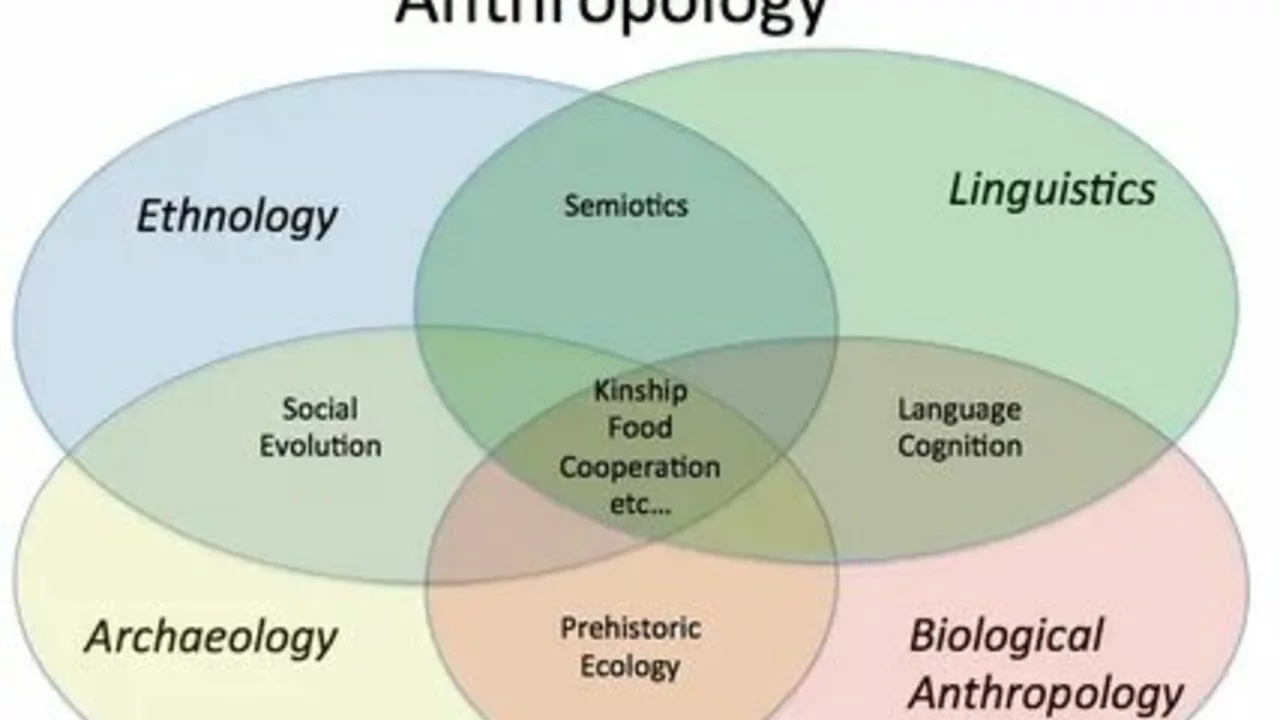Understanding the Essence of Culture and Tradition
Before we delve into whether culture and tradition should evolve, let's first understand what these terms mean. Culture represents the shared values, customs, beliefs, and practices of a group of people. It is a complex web of meanings and symbols that shape our perceptions, judgments, and interactions. On the other hand, tradition can be seen as a part of culture, often manifested in practices and rituals passed down through generations. Traditions hold a significant place in our lives, connecting us to our roots, providing a sense of identity and continuity.
The Inevitability of Change
Change is a fundamental aspect of life. It is as inevitable as the rising of the sun or the flowing of a river. Just as individuals evolve and change, so must societies and their cultures. This is an important aspect to consider when we talk about whether culture and tradition should be allowed to evolve. The world around us is constantly changing, and with it, our experiences, thoughts, and ideas. As these shifts happen, our cultures and traditions are bound to reflect them. This does not mean a loss of cultural identity, but rather a natural adaptation to the changing environment.
The Impact of Globalization on Culture and Tradition
With the advent of globalization, cultural exchange has become more prevalent. People migrate, ideas travel, and traditions intermingle. In this process, our cultures and traditions are exposed to new influences and ideas. This can lead to evolution in their form and essence. While some view this as a threat to cultural preservation, it can also be seen as an opportunity for cultural growth and enrichment. The key is to strike a balance between preserving our cultural heritage and embracing the inevitability of change.
Resistance to Change: Fear or Preservation?
Often, resistance to change in culture and tradition is rooted in the fear of losing one's identity. This is a valid concern. Traditions and culture are like a compass that guides us through the passage of time, offering a sense of continuity and familiarity. However, it is crucial to understand that evolution does not equate to eradication. The evolution of culture and tradition can be seen as a way of enriching our cultural fabric, not destroying it. It is about adapting our traditions to the changing times while maintaining their essence and values.
Case Studies: Evolution in Action
Throughout history, we can find numerous examples of cultures and traditions evolving while maintaining their core values. For instance, the influence of Western culture has led to changes in traditional Indian clothing, with many people now wearing jeans and T-shirts. However, this has not eradicated the tradition of wearing sarees or kurta-pajamas. Instead, it has created a blend of the traditional and the modern. Similarly, technological advancements have changed many traditional practices, but they have not obliterated them. They have simply evolved to fit into our modern lifestyle.
Conclusion: Should Culture and Tradition Be Allowed to Evolve?
In conclusion, the question of whether culture and tradition should be allowed to evolve is not a matter of 'if', but 'how'. Evolution is a natural process, and resisting it can lead to stagnation. What is vital is to ensure that the evolution of our culture and traditions does not lead to their dissolution. Instead, we should strive for a balanced evolution that respects and retains our cultural heritage while embracing the inevitability of change. This way, we can ensure that our culture and traditions continue to thrive and enrich our lives in the ever-changing world.

